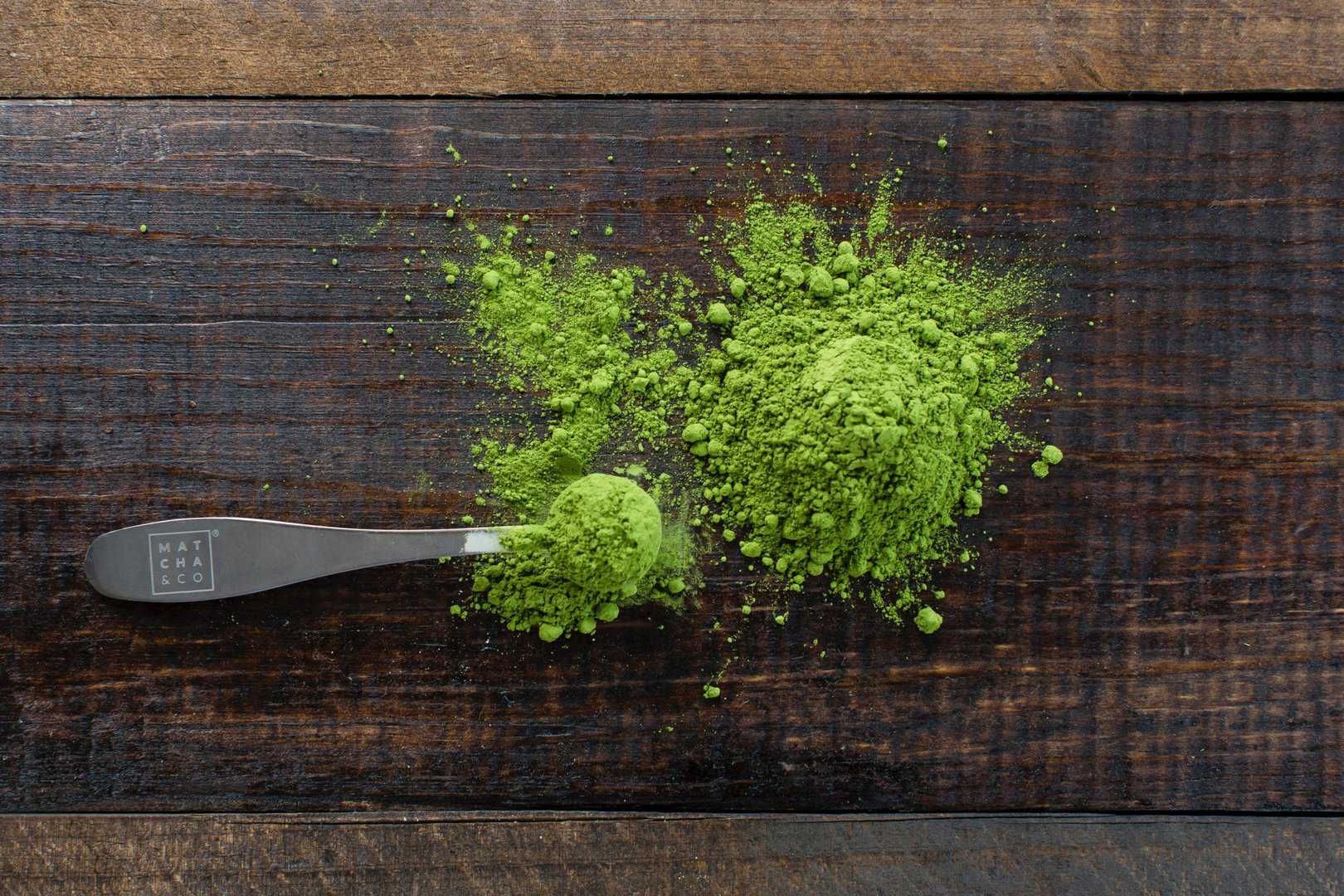Perfectionism and Addiction: 4 Hidden Connections

Perfectionism and addiction may appear to be polar opposites. The stereotypical perfectionist, whom we picture with a perfectly organized desk, house, and life, seems to have nothing in common with the mainstream stereotyped alcoholic or drug addict, whom many visualize as having a life of total and utter chaos, someone who has no control of their life whatsoever. But truth be told, perfectionism and addiction are more closely intertwined than most people think.
Both perfectionism and addiction are maladaptive coping strategies for something deeper such as trauma, anxiety, or depression. While we as a culture may pedestalize the perfectionist and demonize the person who struggles with addiction, they are two sides of the same coin, and all too often manifest co-currently. Understanding the link between perfectionism and addiction is especially important in early recovery, as people often develop perfectionism around new sobriety, which not only fails to address the underlying cause of the addiction but actually poses its own risks for relapse.
Understanding Control in Addiction
When our lives feel chaotic, we feel desperate to regain control. Traumatic experiences, whether a devastating singular event, a childhood without enough support, an unsafe relationship, a life lived in poverty can all create a traumatized response in our nervous systems, whereby chaos feels paradoxically both normal and unbearable. It is no surprise that perfectionism is most often a response to such psychological trauma; we imagine that if we do everything perfectly, we will finally gain control of the unpredictable world around us and be able to keep ourselves safe from whatever it was that hurt us so badly in our past. If we create the perfect life and do everything “right,” we can finally evade our suffering.
The unfortunate reality is that we can never be perfect, safety is never guaranteed, and we live in a world that is—to a degree—fundamentally out of our control. We will always fall short of this standard, and until we learn how to heal our trauma and be at peace in our experience just as it is, we will continue to be at odds with ourselves.
Drug and alcohol addiction can also provide this illusion of control, even though it inevitably propels life further into chaos. To someone who suffers from addiction, drugs or alcohol feel predictable. If someone can’t control the outside world, they can feel in control of their inner experience while they are using. Substances can feel like a friend who won’t change, who won’t abandon them, who will temporarily erase whatever feelings, thoughts, and emotions they may have that feel painful or unbearable.
Perfectionism and addiction can be two sides of the same coin. Perfectionists frequently try to control their emotional experience, going to great lengths to suppress uncomfortable feelings, which is why it is not uncommon for them to abuse substances to “numb out” and avoid whatever it is that may be going on within themselves. Other perfectionists may be exhausted from their attempts to grasp control over every element of their lives, turning to alcohol or drugs as the only way they know how to take a break and “let go.”
Looking at the Dangers of All-or-Nothing Thinking
A common symptom of both perfectionism and addiction is what we call “all-or-nothing thinking,” or “black and white thinking,” and is also a frequent presentation of trauma. Perfectionism does not leave room for a nuanced grey area; if things aren’t perfectly right, they feel horribly wrong. Perfectionists often feel the need to give up completely when they can’t achieve the unattainable standards they set for themselves, unsure of how to feel comfortable in a state of imperfect progress.
Drug and alcohol addiction can function in a similar manner; people who suffer from addiction often find themselves unable to find a happy medium when it comes to using, and find they either go completely overboard or else need to abstain altogether.
A dangerous place that perfectionism and addiction intersect is in early recovery, when a person may fall short of the perfect standards they have set for themselves, and feel compelled to give up completely. It is not uncommon for relapses to happen in early recovery when someone who struggles with perfectionism feels like a failure in some area of their lives, such as making a mistake in their job, upsetting a family member, or resorting to behaviors they are trying to change.
Perfection can be Isolating, and Isolation Breeds Addiction
Perfectionism can be lonely. Perfectionists often find it impossible to ask for help, feeling as though it is a failure to lean on others for support. Perfectionism is a disease of shoulds; I should be able to do it on my own. I should have figured it out by now. I should be self-sufficient at this point in my life.
This is especially troublesome for perfectionists in early recovery. It is all too common for people with deep relational trauma to seek the comfort they wish for in companionship in substances instead. Whether a person spends their days in solitude or they are surrounded by people with whom they feel disconnected, alcohol and drugs can temporarily make people feel less alone. This is why Johann Hari famously said, “The opposite of addiction isn’t sobriety, it’s connection.”
We need one another to heal. Community is such an important and integral part of finding and maintaining sobriety. Part of true recovery is learning when you’ve hit your wall, and how to ask for help. This is part of why community fellowships, such as AA, SMART Recovery, and Recovery Dharma are so successful; we were never meant to do it alone.
The Cycle of Shame
As mentioned above, both perfectionism and addiction most often stem from traumatic experiences or mental health issues, many of which can cause great deals of shame. Perfectionism and addiction are also both ways in which people try to evade confronting the shame they may feel deep down inside; by either trying to rise above it, being “perfect,” or by numbing out and muting their shame with substance abuse.
All too often, this creates a vicious cycle, deepening the suffering we experience. When a perfectionist falls short of perfection, which is inevitable, they may find themselves riddled with unbearable shame and may turn to substances to cope. This works in reverse as well, when one tries to overcompensate for the shame they feel by their addiction by struggling to be perfect.
Either way, shame deepens, and the old wounds which hurt so badly only ache more. For all of these reasons, it is crucial to address any perfectionism that may co-occur with addiction so that someone can truly heal in a holistic way.
What Treatment Looks Like for Perfectionism and Addiction
One of the greatest and most unfortunate shortcomings in the treatment world is the lack of holistic care; that is, the lack of addressing all of the ways in which addiction has wounded—and deepened the wounds of—those it had affected. Quality dual-diagnosis treatment addresses not only substance abuse but other potentially harmful behaviors such as perfectionism as well, taking into account the deeper roots of the problem.
There are several therapeutic modalities that can address addiction, perfectionism, and their underlying roots. Mindfulness, ACT, DBT, and CBT can be extremely helpful in relapse prevention and also in tolerating distress and discomfort, so that one does not feel such a great need to escape through behaviors such as perfectionism or substance abuse.
Trauma therapies, such as EMDR, can help uncover and address the root cause of the behaviors in the first place. Through our experiential treatments and life skills support and community-oriented programming, clients have ample practice to explore and work with the behaviors that may be holding them back. We offer dual-diagnosis care on a highly individualized basis, from 30 days of full-time treatment to six months or more of intensive outpatient support.

